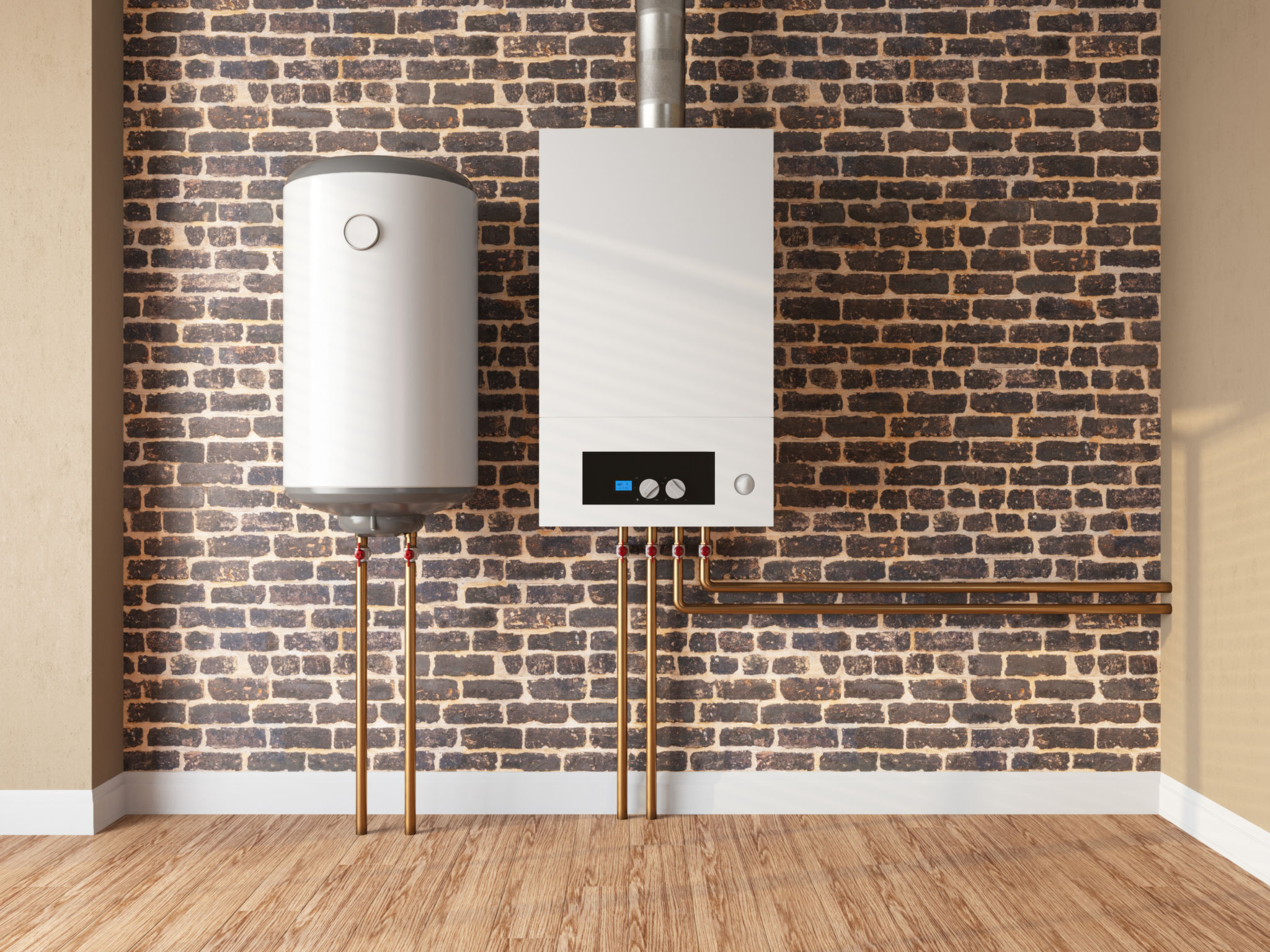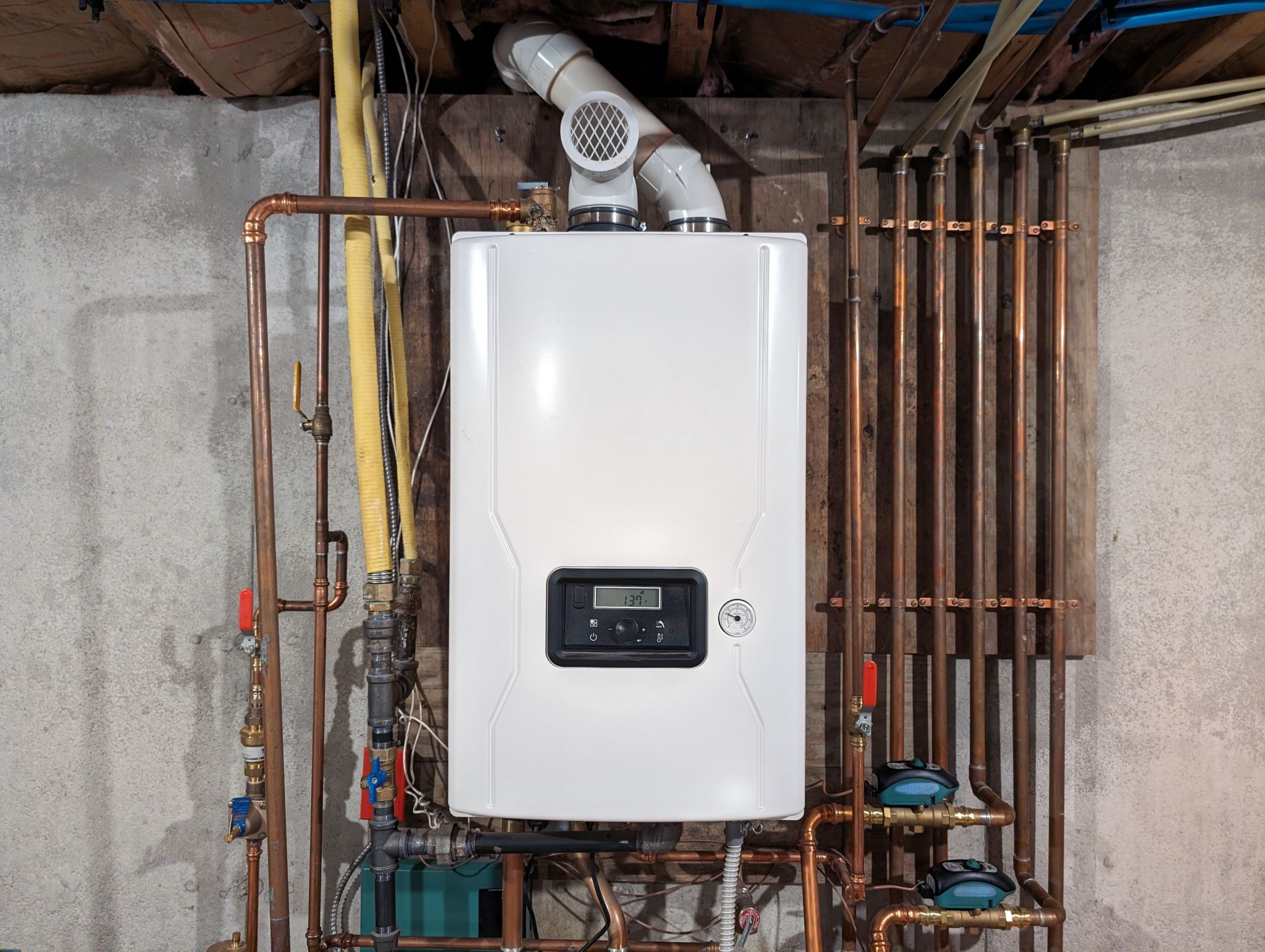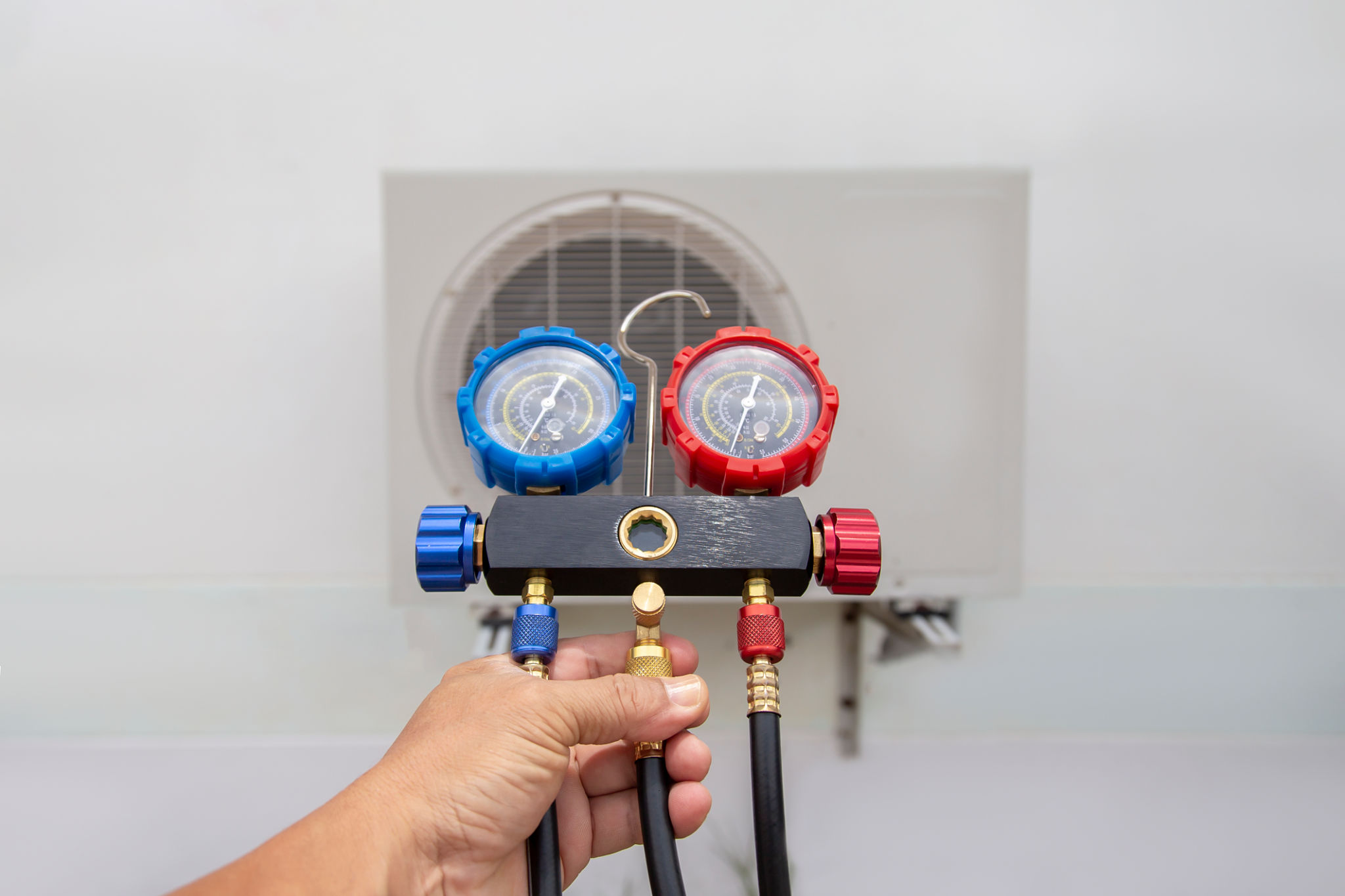Expert Insights: How to Choose the Right Hot Water System for Your Home
Understanding Your Hot Water Needs
Choosing the right hot water system for your home can significantly enhance your comfort and energy efficiency. The first step in selecting the ideal system is to understand your household's specific hot water needs. Consider the number of people in your home, their daily routines, and peak usage times. This will help you determine the capacity and type of hot water system that suits your lifestyle.
For a family of four, for example, a system with a capacity of 200-300 liters might be necessary. However, if you have a smaller household or live alone, you could opt for a system with a lower capacity to save on energy costs.

Types of Hot Water Systems
There are several types of hot water systems available, each with its own advantages and considerations. The most common types include storage water heaters, continuous flow (or tankless) systems, heat pumps, and solar hot water systems.
Storage Water Heaters
Storage water heaters are traditional systems that keep a reservoir of hot water ready for use. They are reliable and can supply a large volume of hot water at once, but they may consume more energy due to heat loss when the water is stored.
Continuous Flow Systems
Continuous flow systems, also known as tankless heaters, heat water on demand, reducing energy wastage. These systems are energy-efficient and provide an endless supply of hot water, making them ideal for larger families or households with high hot water demand.

Energy Efficiency Considerations
Energy efficiency is a crucial factor to consider when choosing a hot water system. More efficient systems may have a higher upfront cost but can save you money in the long run through reduced energy bills. Look for systems with a high energy star rating, as these are designed to use less power while delivering optimal performance.
Solar hot water systems are among the most energy-efficient options available, harnessing the power of the sun to heat your water. Although they require an initial investment, government incentives and rebates can help offset these costs.

Installation and Maintenance
Proper installation and regular maintenance are essential for ensuring the longevity and efficiency of your hot water system. It's important to hire a licensed professional to install your system correctly and safely. Additionally, routine maintenance checks can help identify potential issues early on, preventing costly repairs down the line.
Regularly flushing your system to remove sediment build-up and checking for leaks can extend its lifespan and maintain its efficiency. Consult your system's manual or speak with an expert to understand the specific maintenance requirements of your chosen system.
Cost Considerations
The total cost of a hot water system includes the purchase price, installation fees, and ongoing operational costs. While it might be tempting to choose the cheapest option upfront, it's important to consider long-term savings. An energy-efficient system can significantly reduce your utility bills over time.
Consider your budget and evaluate different financing options if needed. Some suppliers offer payment plans or financing options that can make investing in a high-quality system more accessible.

Final Thoughts
Choosing the right hot water system is an important decision that impacts your home's comfort and energy consumption. By understanding your household's needs, exploring different types of systems, considering energy efficiency, and planning for installation and maintenance, you can make an informed decision that suits both your lifestyle and budget.
Consulting with an expert can provide additional insights tailored to your specific situation, ensuring you select the best hot water system for your home.
